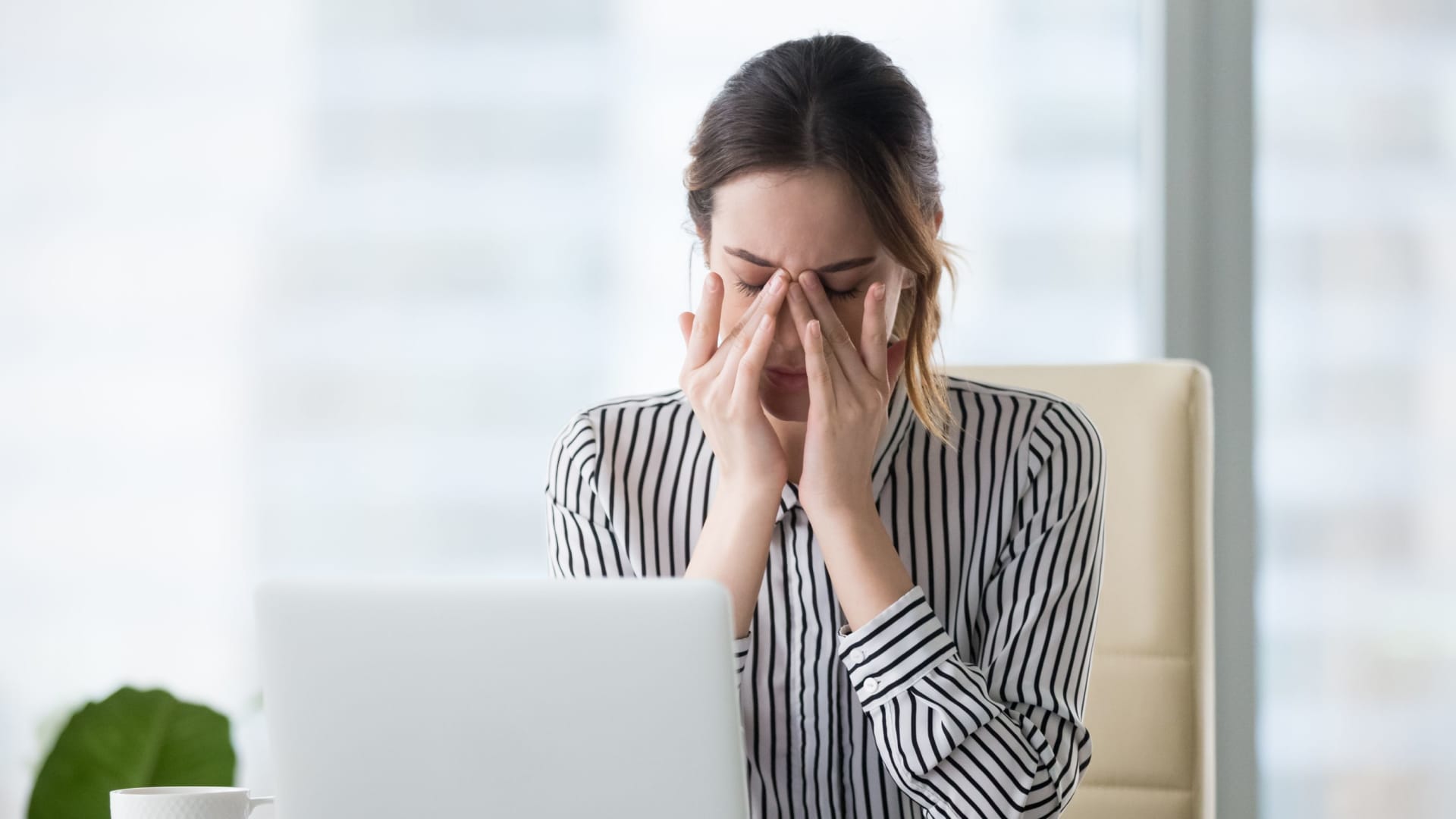10 eye problems that you need to see a doctor urgently for
About 2.2 billion people in the world live with visual impairments, according to the World Health Organization. In more than half of these cases it could’ve been prevented or yet needs to be addressed.

This is why regular check-ups with an ophthalmologist are so important. And if you experience any of the following symptoms, see your doctor right away.
1. Redness
If redness is present in both eyes at the same time, this may be a sign of a cold or conjunctivitis. Redness of only one eye may indicate deeper inflammation, such as scleritis or uveitis. Scleritis is an inflammation of the outer protective membrane of the eye, and uveitis is inflammation and swelling of the middle layer of the eyeball.
If the white of the eye is covered with a mesh of burst blood vessels and looks red and inflamed, it may be due to fatigue, lack of sleep or allergies.
2. Eye pain and photophobia
Eye pain can be caused by glaucoma, dry eye disease, corneal trauma, or even eye cancer. Severe cramps in combination with photophobia may indicate conjunctivitis - viral or bacterial. Viral is similar to a "cold" in the eyes and is extremely contagious. Bacterial conjunctivitis will most likely require treatment with antibiotic eye drops.
Also, pain and discomfort can be felt due to the ingress of foreign particles into the eye.
3. Purulent discharge from the eyes
Usually, purulent discharge indicates bacterial conjunctivitis. Discharge from the eyes is especially intense in the morning. Other possible causes of pus in the eyes: ocular herpes, fungal keratitis, corneal ulcer, stye.
4. Night blindness
This is the name of a symptom in which it is difficult for a person to see something in the dark. For example, driving at night or finding your seat in a dark cinema. Night blindness can be a congenital problem, or it can develop along with various diseases like myopia, cataracts, keratoconus or lack of vitamin A.
5. It is difficult to see objects up close
If a person can clearly see objects that are far away but cannot distinguish between objects and texts at arm's length, this may be a symptom of presbyopia, which develops in people after 40 years.
6. Floating spots, flies in front of the eyes, dark spots
Usually, most people see tiny specks in their eyes in well-lit rooms or outside on a very sunny day – this is a normal periodic condition. But sometimes it can be a sign of serious eye problems, such as retinal detachment. As a rule, this symptom is accompanied by a sensation of light flashes or dark shadows on peripheral vision. Myopia, glaucoma, and physical eye trauma are common causes of retinal detachment. Immediate treatment is required, usually with surgery, otherwise retinal detachment can lead to blindness.
7. Dryness and "sand" in the eyes
As a rule, it indicates dry eye disease. It occurs because of poor moistening of the surface of the eye due to a lack of tears or their rapid evaporation. It may be accompanied by a sensation of a foreign object in the eye and a burning sensation. If this condition is ignored for a long time, it can lead to scarring of the cornea and loss of vision.
8. Excessive uncontrolled tearing
May indicate individual sensitivity to bright light, wind, or temperature changes. In this case, the eyes need protection - for example, wearing sunglasses.
Moderate tearing may accompany allergic conjunctivitis as a result of a reaction to pollen, animal hair or something else. After taking antihistamines, it should stop.
Uncontrolled watery eyes can also signal a more serious problem, such as an eye infection or a blockage of the tear duct.
9. Blurred vision
Temporary and/or sudden blurred vision may be a sign of glaucoma, uveitis, torn retina, or retinal dystrophy. Loss of vision in one eye can be a symptom of a stroke or an impending migraine.
10. Eye twitching
A very common and, as a rule, harmless symptom that goes away on its own and does not require treatment. Twitching can be associated with:
- the use of large doses of alcohol, caffeine or nicotine
- fatigue and stress
- lack of sleep.
